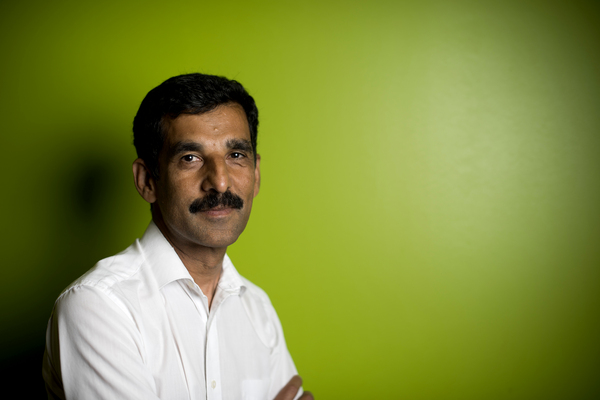He’s building the next generation of autonomous robots
After going into lockdown, Hanumant Singh, a professor of electrical and computer engineering, is finally back with the robots in his lab. It may not be the same, he says, but he and his team are ready to pick up where they left off and continue building the drones of the future.

